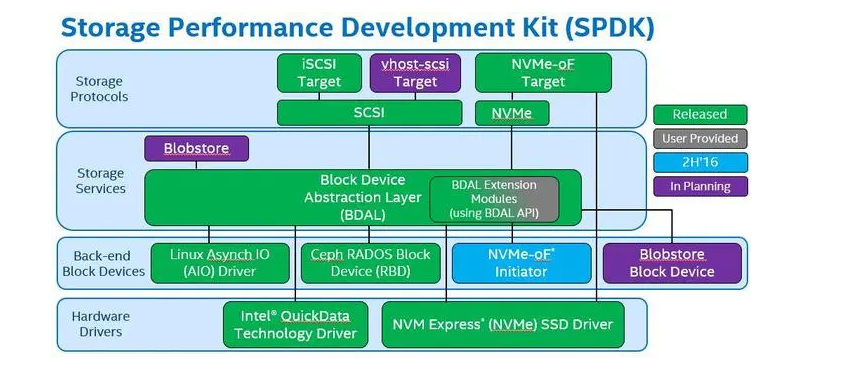setjmp and longjmp are two functions in the C programming language used to implement non-local jumps.
The setjmp function saves the current program state, including the values of CPU registers, on the stack and returns a value that can be later passed as an argument to the longjmp function. The setjmp function is typically used in combination with conditional statements or loops to provide a way to jump out of them without using return statements.
The longjmp function restores the saved state previously created by setjmp, effectively jumping back to the point where setjmp was called. This allows for a non-local transfer of control within a program.
Overall, setjmp and longjmp provide a way to implement complex error-handling mechanisms in C programs that go beyond traditional exception handling techniques. However, they should be used with caution as they can lead to hard-to-debug code if not used properly.





















